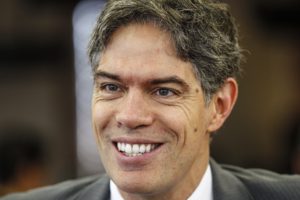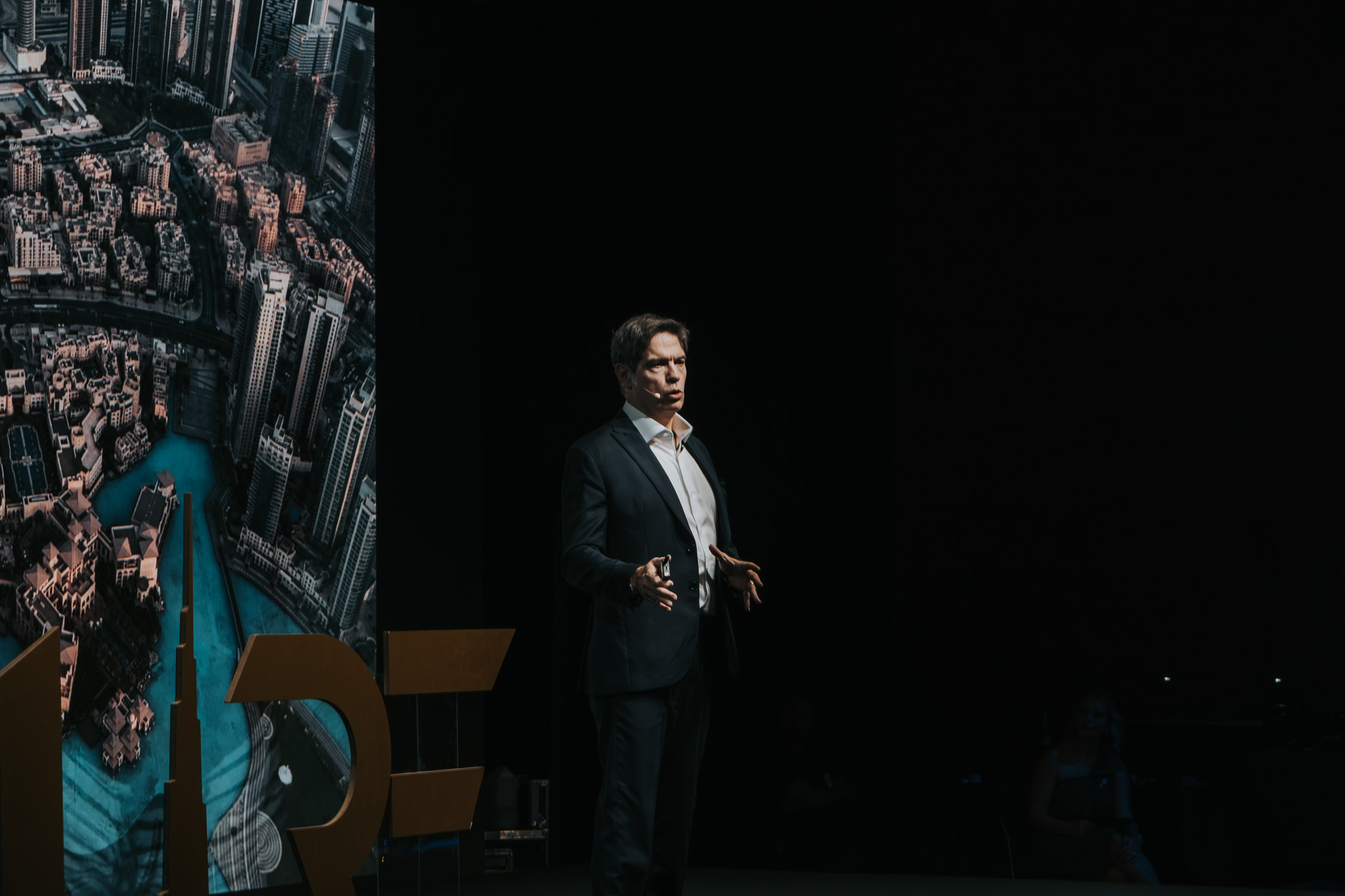01/2016
By Ricardo Amorim and EIC
- 1. To get reelected, the government spends money it does not have;
- 2. Brazilian credibility goes down the drain;
- 3. Concerned, people and companies buy dollars in an attempt to protect their savings from the problems afflicting the country;
- 4. Greater demand for dollars leads to a two-fold increase in the dollar exchange rate;
- 5. A stronger US currency drives up the price of imported goods, fueling the inflation rate to its highest since 2002;
- 6. To prevent the price of imported goods from going up even further, the Central Bank intervenes in the currency markets, causing public spending to balloon by R$ 90 billion, further undermining the country’s credibility;
- 7. Moreover, also in an attempt to curb inflation, the Central Bank substantially increases the Selic rate, its benchmark interest rate, and that raises the cost of public debt by hundreds of billions of reais;
- 8. As a result of higher public spending, public debt skyrockets and Brazil loses its investment grade;
- 9. The interest rate hike makes credit more costly, thus leading sales to slump and causing the greatest three-year GDP plunge in the last 115 years;
- 10. The drop in the GDP means government tax revenue drops, further worsening the government balance, which again chips away at the country’s credibility and thus begins this vicious cycle all over again.
- 1. The government drastically cuts public spending and consequently the government balance improves;
- 2. The country’s credibility rebounds, investors’ and businesses’ fears are allayed and are replaced by trust and the desire to seize the opportunities created by attractive financial assets in Brazil;
- 3. More investment creates more jobs, reversing the unemployment rate and boosting consumer confidence;
- 4. Feeling more assured, people buy more, thus driving up both sales and the GDP;
- 5. A higher GDP brings in more tax revenue, further improving the government balance, which boosts the country’s credibility, investments, job creation, consumption and growth;
- 6. Greater credibility and more investments decrease the demand for dollars, bringing the USD exchange rate down and enabling the Central Bank’s currency market operations to be profitable, which helps to improve government budget balance;
- 7. As the US dollar exchange rate drops, imported products become cheaper, which pushes inflation down;
- 8. As inflation drops, the Central Bank is able to lower interest rates, which reduces the cost of public debt and makes credit cheaper, driving sales up and the GDP to expand once again;
- 9. With greater tax revenue and lower debt costs, the government budget surplus grows even more, thus increasing the confidence and investments in the country;
- 10. With more investments, more jobs are created and the GDP increases even more, thereby creating a virtuous cycle.
If you paid close attention, you may have noticed that reverting the vicious cycle and the economic crisis is a breeze. If just the first step were taken – drastically slashing public spending – the government would set in motion the entire virtuous cycle that would make Brazil regain its vigorous growth.
The only player who has not yet understood this and continues to feed the vicious cycle is the government itself. The new Minister of Finance, Nelson Barbosa, had just taken office when the government increased the minimum wage above inflation and above the amount forecast in the already skewed budget under debate in Congress, which alone increased federal spending by more than R$30 billion – not to mention the impact on state and municipal government spending.
If the government had cut other expenses to finance the minimum wage increase, just as any household or business does when it wants to buy something new, there would have been no problem; however, as long as the government continues to act as if money grows on trees, it will merely amplify the lack of trust and the political and economic crises.
Thus, the questions that remain unanswered are:
- 1. Will this administration ever stop playing make-believe and do what is obviously required for Brazil to pull out of this crisis or will it continue to dig a deeper hole for the country and bury its own chances of making it to the end of its term?
- 2. Why are businesses, workers and students so slow to demand that the government adopt the budget cuts that would allow the Brazilian economy to get back on track? Try this hashtag on for size: #cutpublicspendingnow.
Ricardo Amorim is a host in Manhattan Connection on Globonews, CEO of Ricam Consultoria, the most influential Brazilian on LinkedIn, the only Brazilian on the Speakers Corner list of best and most important world lecturers palestrantes and economista mais influente do Brasil according to Forbes Magazine. Follow him on Twitter: @ricamconsult.




